7 Mistakes You're Making with At-Home Coffee Brewing (And How Woodpeckers' Low-Acid Beans Fix Them)
- ADITYA Kumar
- Oct 13, 2025
- 5 min read
We get it – you're trying to make that perfect cup at home, but something's just not clicking. Your coffee tastes bitter, weak, or just... off. Don't worry, you're not alone. Most coffee lovers make the same mistakes when brewing at home, and the good news? They're all fixable.
Whether you're a pour-over perfectionist or a French press fanatic, these seven common brewing mistakes might be sabotaging your morning ritual. Let's dive in and get your coffee game on point.
Mistake #1: You're Eyeballing Your Coffee Measurements
Here's the thing – coffee brewing isn't like cooking pasta where you can just "wing it." Those TikTok videos of people casually dumping coffee grounds into their maker? Yeah, that's not going to give you consistent results.
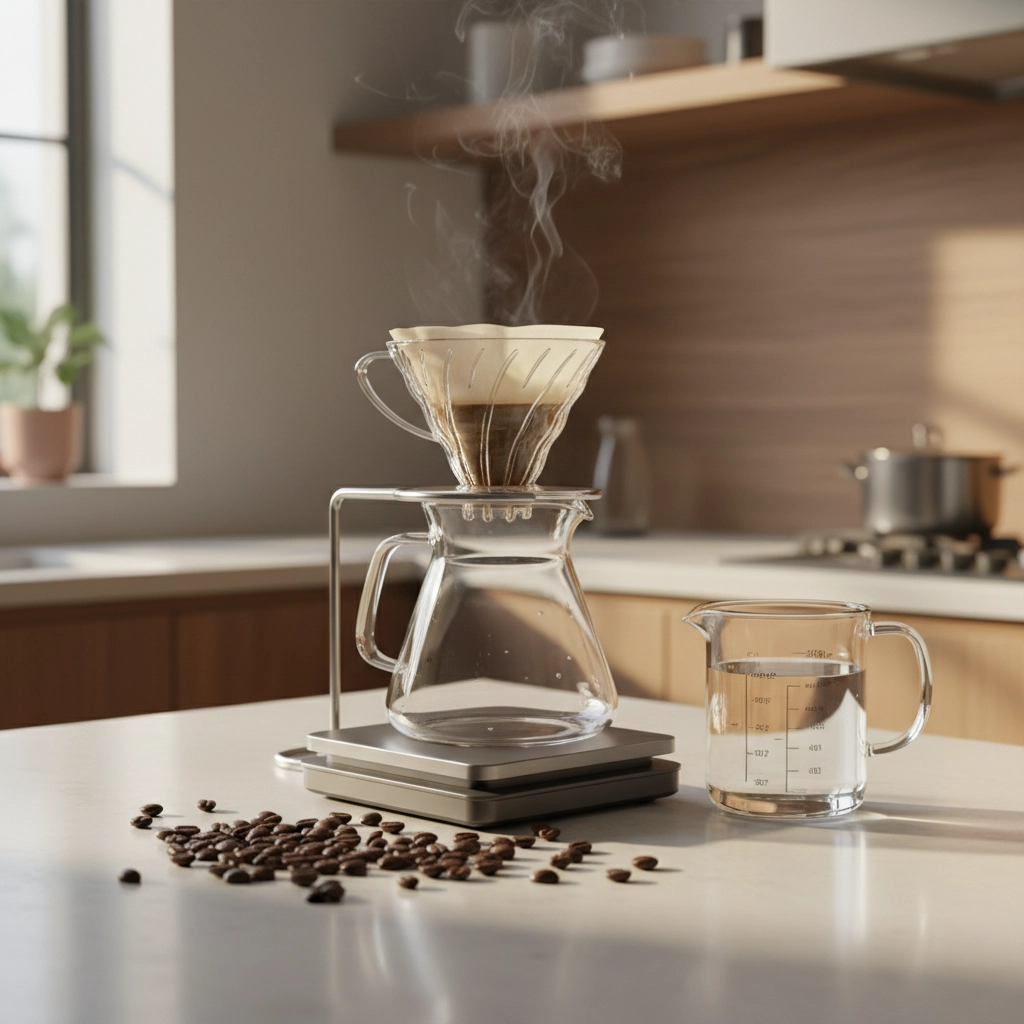
Why it matters: Coffee brewing is basically chemistry. The ratio of coffee to water determines everything – strength, flavor, even how the caffeine hits. When you're guessing, you're setting yourself up for disappointment.
The fix: Get a simple kitchen scale. Start with the golden ratio of 17:1 water to coffee (that's about 30g coffee to 500ml water). Once you nail this ratio, you can tweak it to match your taste. Love it stronger? Go 15:1. Prefer it milder? Try 18:1.
How Woodpeckers helps: Our single-origin beans are so carefully selected and roasted that even small measurement inconsistencies won't completely throw off your cup. But trust us, proper measuring will take your brew from good to incredible.
Mistake #2: Your Equipment is Filthy (Sorry, But It's True)
When was the last time you actually cleaned your coffee maker? And no, rinsing the carafe doesn't count.
Why it matters: Old coffee oils turn rancid and create bitter, unpleasant flavors that overpower your fresh beans. Your equipment isn't a cast iron pan – it doesn't need "seasoning."
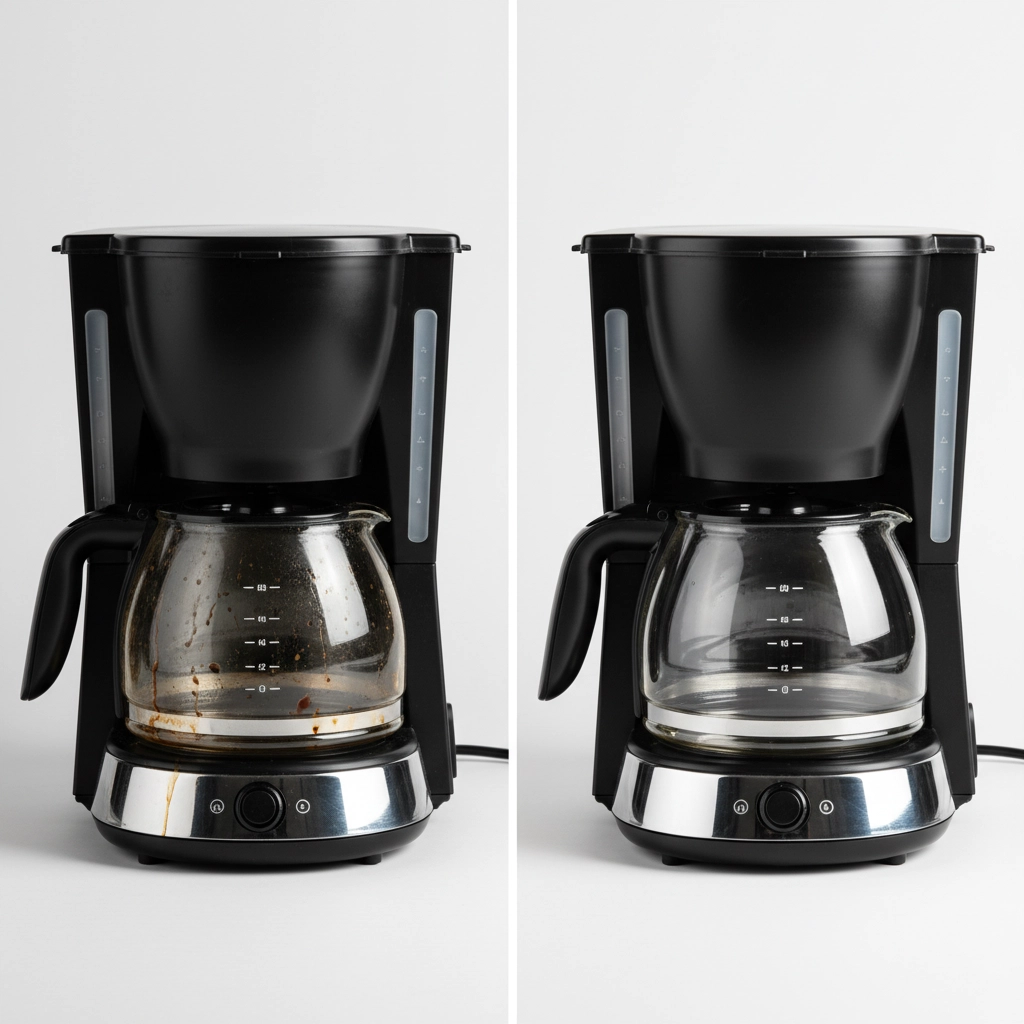
The fix: Clean your equipment weekly with a 50/50 mix of white vinegar and water. Run it through a brewing cycle, then follow with two cycles of plain water to remove any vinegar taste. For manual brewers like pour-overs, a quick scrub with soap and water after each use works wonders.
How Woodpeckers helps: Our low-acid beans are naturally smoother and less harsh than typical coffee. But even the best beans can't overcome dirty equipment. Clean gear + quality beans = coffee magic.
Mistake #3: You're Using Pre-Ground Coffee from the Grocery Store
Look, we understand the convenience factor. Pre-ground coffee saves time and effort. But here's the brutal truth – you're missing out on so much flavor.
Why it matters: Coffee starts losing flavor the moment it's ground. Those bags of pre-ground coffee sitting on store shelves? They've been oxidizing for weeks or even months. You're basically brewing stale coffee.
The fix: Invest in a burr grinder (not those blade grinders that basically chop beans into random chunks). Grind your beans right before brewing for maximum freshness and flavor.
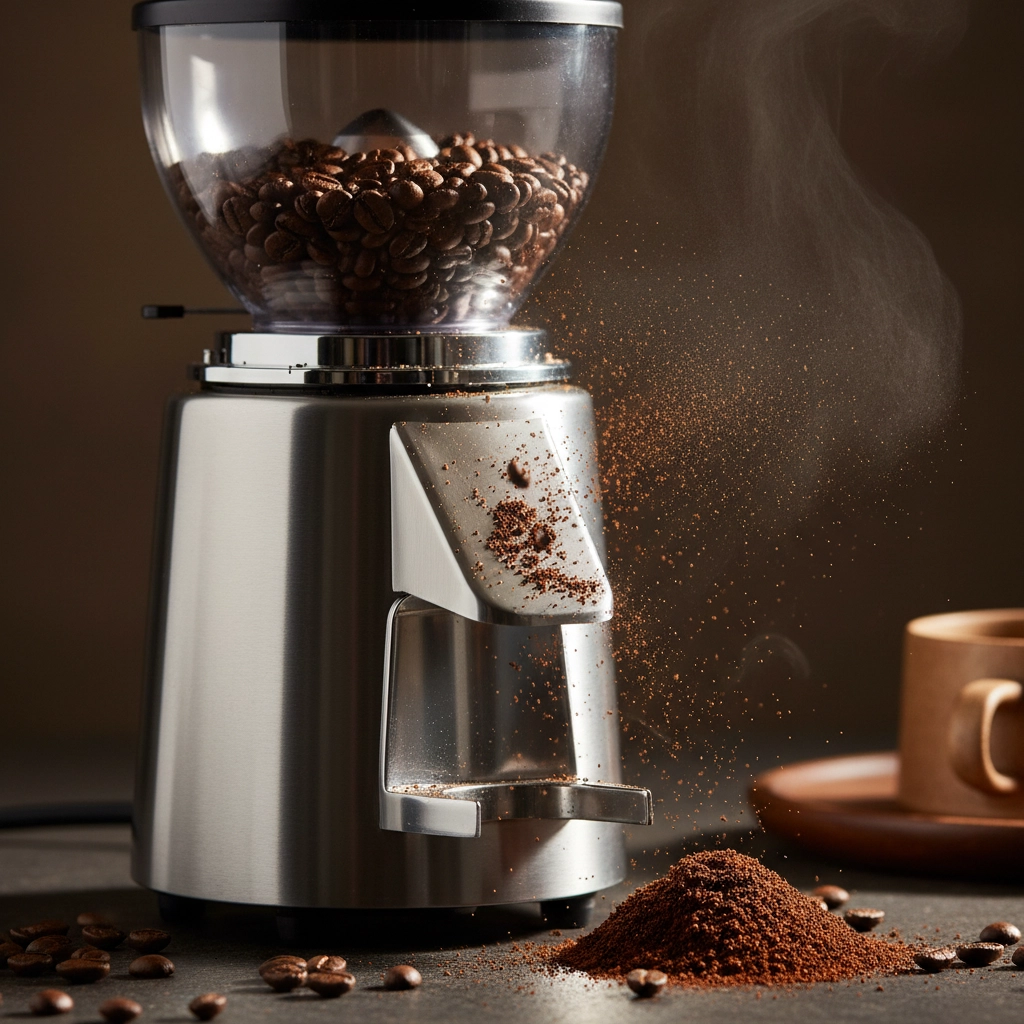
How Woodpeckers helps: Our beans are roasted fresh and shipped quickly, so you're getting maximum potential flavor. When you grind them fresh, you'll taste the difference – those bright, complex notes that make single-origin coffee special really shine through.
Mistake #4: Your Water is Boiling Hot (Literally)
If you're pouring boiling water over your coffee grounds, you're essentially torturing your beans into submission.
Why it matters: Boiling water (212°F) over-extracts coffee, pulling out harsh, bitter compounds while missing the sweet, complex flavors you actually want. It's like trying to have a conversation by shouting – you'll get a response, but it won't be pleasant.
The fix: Let your water cool for about 30-45 seconds after boiling. You're aiming for 195-205°F. No thermometer? No problem. Just wait until the water stops actively bubbling.
How Woodpeckers helps: This is where our low-acid beans really shine. Even if your water temperature isn't perfect, you won't get that harsh, acidic bite that ruins so many home-brewed cups. Our beans are naturally more forgiving and smooth.
Mistake #5: Your Grind Size is All Wrong
Not all brewing methods are created equal, and neither are grind sizes. Using the same grind for everything is like using the same key for every lock – it's not going to work.
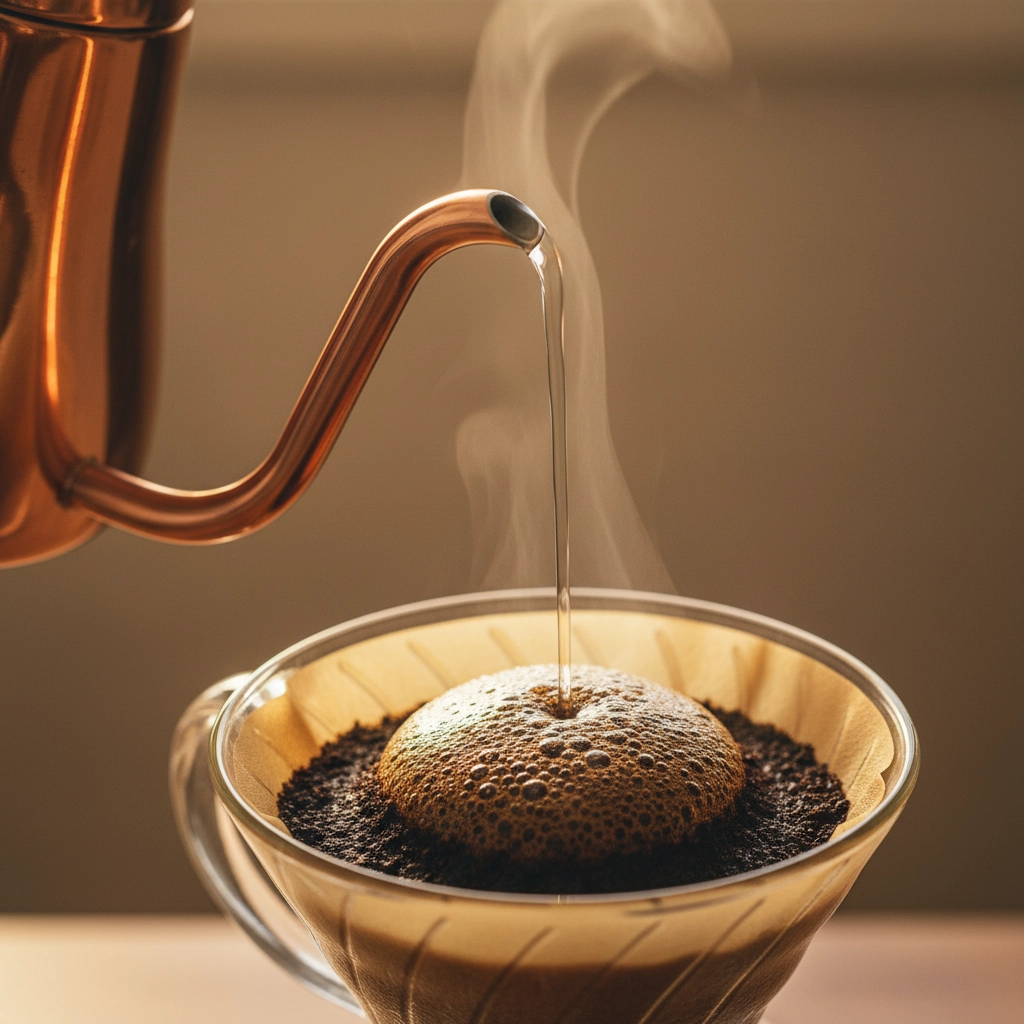
Why it matters: Grind size controls extraction time. Too coarse and your coffee will be weak and sour. Too fine and it'll be bitter and over-extracted. Each brewing method needs its own grind size for optimal extraction.
The fix:
French Press: Coarse (like sea salt)
Pour Over: Medium-fine (like table salt)
Espresso: Fine (like powdered sugar)
Cold Brew: Extra coarse (like breadcrumbs)
How Woodpeckers helps: Our carefully selected beans have natural sweetness and complexity that shows up beautifully across different grind sizes. Whether you're dialing in your grinder or still figuring things out, you'll taste the quality.
Mistake #6: Your Beans are Older Than Your Last Haircut
Coffee beans don't age like wine – they just get stale. If you can't remember when you bought those beans, it's probably time for fresh ones.
Why it matters: Stale beans have lost their volatile oils and aromatic compounds. You know that amazing smell when you open fresh coffee? That's what you want in your cup, not just in your nose.
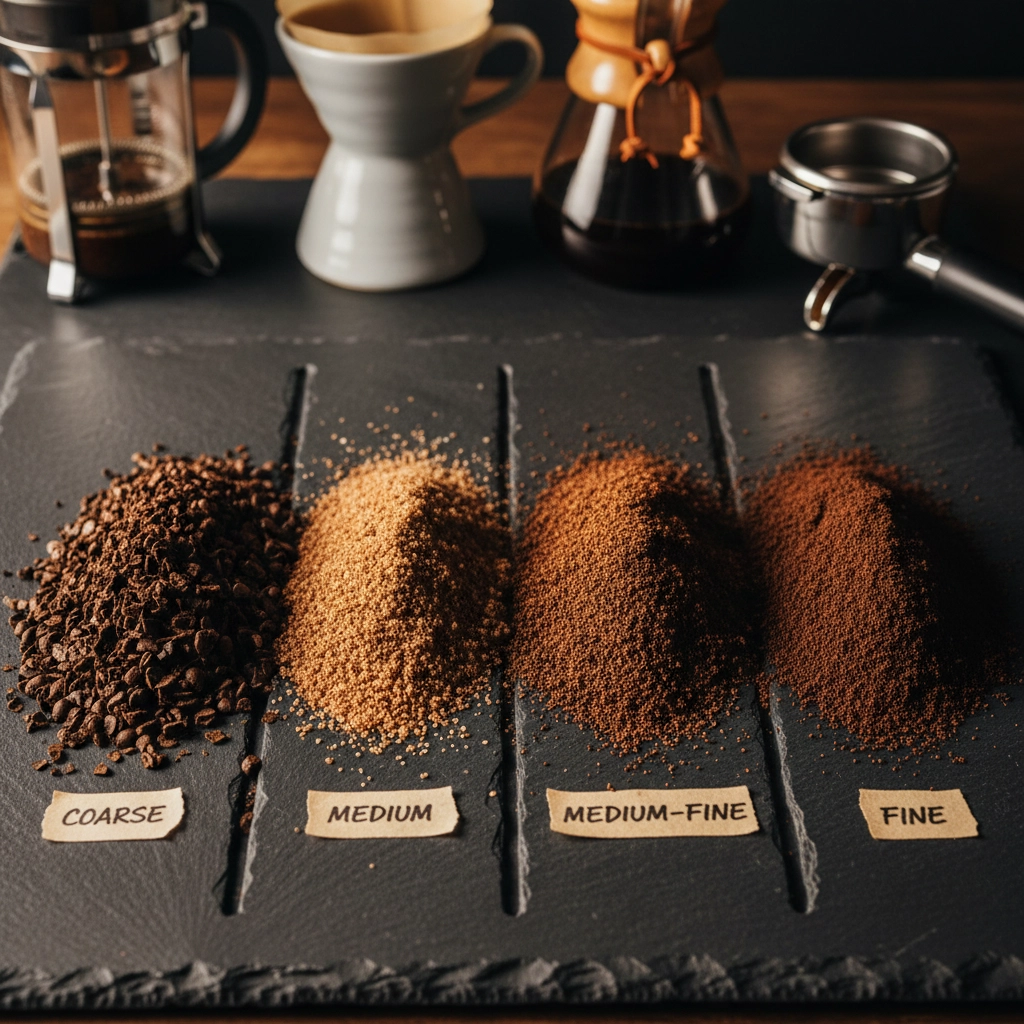
The fix: Buy coffee more frequently in smaller quantities. Look for roast dates (not just expiration dates) and use beans within 2-4 weeks of roasting. Store them in an airtight container away from light and heat.
How Woodpeckers helps: We roast in small batches and ship quickly, so you're getting beans at peak freshness. Plus, our packaging protects the beans until you're ready to brew. When you open a bag of Woodpeckers coffee, that aroma tells you everything you need to know about freshness.
Mistake #7: You're Using Terrible Water
Here's a mind-blowing fact: your coffee is about 98% water. So if your water tastes bad, guess what your coffee's going to taste like?
Why it matters: Tap water can contain chlorine, minerals, and other compounds that interfere with extraction and flavor. Even if it's safe to drink, it might not be ideal for brewing.
The fix: Use filtered water or good-quality bottled water. Avoid distilled water though – coffee needs some minerals for proper extraction. If your tap water tastes good enough to drink on its own, it's probably fine for coffee too.
How Woodpeckers helps: Our beans are sourced from regions with naturally clean water sources, and we test our roasts with different water types to ensure they taste great regardless of your local water situation.
The Woodpeckers Difference
Here's the thing about these mistakes – they're all connected to one basic principle: respect your coffee. When you take care with your measurements, equipment, water temperature, and timing, you're showing respect for the farmers who grew your beans and the roasters who crafted them.
At Woodpeckers Coffee Trading House, we work directly with tribal farmers in India's coffee regions to bring you beans that are naturally low in acid and high in flavor. Our single-origin approach means you're tasting the unique characteristics of specific farms and regions, not generic "coffee flavor."
Our low-acid beans are perfect for home brewers because they're more forgiving. Even if you're still dialing in your technique, you'll get smooth, rich coffee without the harsh bite that comes from typical high-acid beans.
Ready to Fix Your Coffee Game?
The beautiful thing about coffee brewing is that small changes make big differences. You don't need to overhaul everything at once – pick one or two mistakes from this list and focus on fixing those first.
Start with fresh beans (we might know where to get some good ones), get your ratios right, and keep your equipment clean. The rest will follow naturally as you develop your palate and technique.
Want to experience what properly brewed, low-acid coffee tastes like? Check out our single-origin selections and taste the difference that quality beans and careful brewing can make.
Your morning cup deserves better than bitter disappointment. Let's make it happen.

Comments